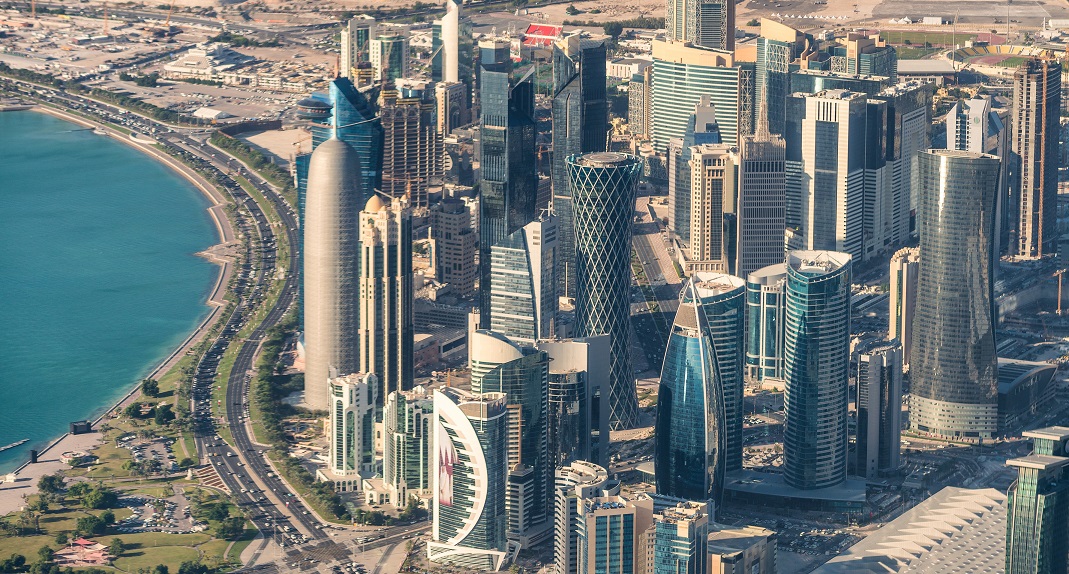
The process of buying, renting, and selling differs from place to place around the globe. One should be familiar with the processes, so they go smoothly.
Qatar has been spotted as becoming a hotspot for investments with its modern housing styles, luxurious villas, penthouses, and sky rise buildings. Foreigners are getting a chance to make investments in Qatar and can own real estate in 9 locations and rent in 16 locations.
In Doha, prices are high and start at QR9,000/sqm and rise to QR25,000/sqm. Average prices are also available depending upon the location and amenities.
Investments in Qatar should be made after gathering knowledge about the place and inquiring with professionals about the process. One should even be open about whether the property should be rented or bought and how sales are carried out. One should have knowledge about the locations, their competitors, and the market prices for business purposes.
Budget Setting
One should be cautious and start thinking of investing in property to buy or rent by setting their budget. If an individual wishes to pay in cash, the investor should have their money available in the form being used in Qatar for the transfer time. If one is selling the property, they should know the prices and know about similar properties, prices, and sales. By knowing about their competitors, the property owner can negotiate accordingly.Mortgage
If one requires a mortgage, then speaking to a mortgage advisor is required and arranging a pre-approval from the bank. The pre-approval tells how much one can spend. One thing to keep in mind would be that if an individual is getting a mortgage, they will need a deposit of 25% minimum.
Offer Making
Once an individual lands eyes on a property they admire and are ready to make a deal, they move quickly. The quick movement of the investor will put them in a negotiating position. This is the reason why they are to have their mortgage pre-approval ready by the mortgage advisor. The 10% deposit will secure the unit.
Assistance of A Conveyancer
To reduce any lawsuits or unrequired checks, a conveyancer comes in handy. Investors are to engage with conveyancers in most cases—the conveyancer assists in the process of sales. A good conveyancer will lead an investor step by step throughout the whole process.NOC
Before buying property, the seller will require a NOC from the developers who built the property. This action takes place to ensure that the property is free from any outstanding service charges.Blocking of Property
The harm that mortgage cause on the property is that it causes blocking. A mortgage on the property the individual is buying will cause blocking. The seller would then receive a liability letter from their respective bank and visit the DLD to block the property with four cheques.The first cheque is in the name of the seller's bank. This cheque is for the outstanding mortgage. The next cheque is in the name of the seller for the remaining price of purchase. Another cheque in the name of the DLD for the transfer fees is 4%, and the last cheque is the manager cheque in the name of the agency.






Comments (0)
Leave a comment